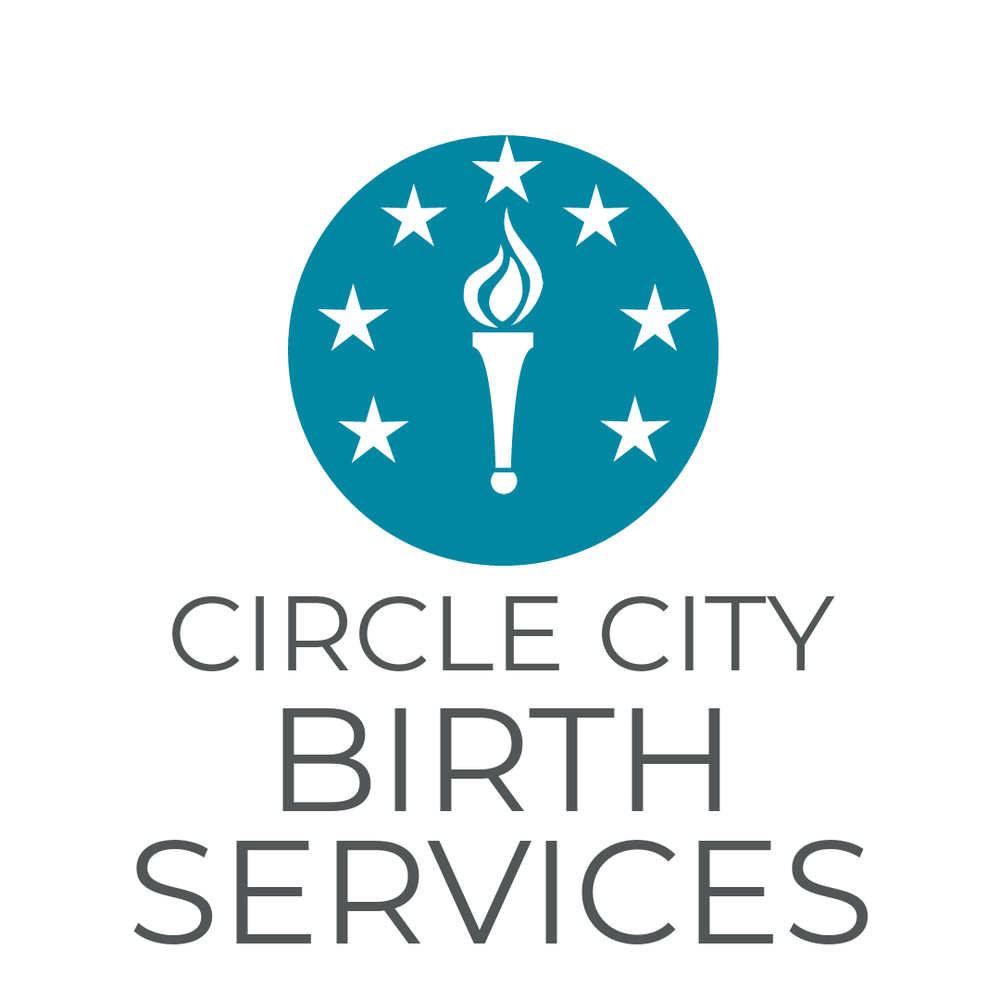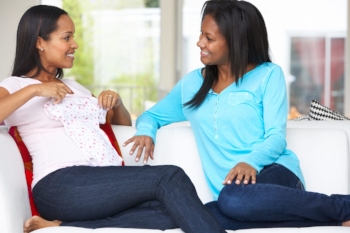An important subject brought to us from a guest blogger, Maria P! Please consider sharing on your social media accounts, especially if such things have affected you.
I’m a doctoral-level mental health professional, and I am pregnant with my third child. I’m in my mid-30s with two little girls. Although I have dealt with aches, pains, and some pregnancy complications, I’m one of those annoying women who loves pregnancy. I’m amazed by the process, and I am proud of my changing body. I am building a human inside my body, after all.
During my first pregnancy, I could barely wear maternity pants without them falling off by the time I entered my second trimester. That was not the case during pregnancy number two, and with my current pregnancy, I was essentially wearing maternity pants as soon as I peed on a stick. Perhaps it is the change in my abdominal muscles over the course of previous pregnancies, but my “baby bump” has been evident since day one, and my belly has grown exponentially fast. That did not surprise me much give this is my third time around. What has been shocking, however, is others’ reactions to my changing and expanding body. And these typically aren’t from people who know me, but from strangers and people (both men and women) I encounter for the first time.
When they hear that I’m not due for another six months, I hear their audible gasps, see their bugged-out eyes, and they stammer, “Wow! Really?! You have how much longer?” And my personal favorite, “Are you sure you don’t have twins in there?”
Don't do this...
...or this...
...or this, either. K? Thanks.
I feel fairly comfortable in my body but hearing these comments—unsolicited at that—is infuriating. It is not simply a function of this pregnant woman’s fluctuating hormones; it is offensive, unnecessary, disrespectful, and a boundary violation.
Some degree of social propriety typically keeps people from outright commenting on others’ bodies in almost every other scenario. Innocent children who comment on someone’s size who might be overweight or on someone’s visible physical disability are chastised or corrected in some way. Where is the social skills training for adults who interact with pregnant women?
People have interesting reactions to being in the presence of pregnant women. Perhaps they fondly recall their own or their partner’s pregnancies. Perhaps they feel conflict about birth or having children. I could go on about the possibilities, but regardless, pregnant women are people, not objects on whom to impart hurtful comments and unsolicited opinions.
In addition to body comments being offensive, perhaps a woman does not want to discuss her pregnancy status with another person. This is similar to congratulating a woman on a pregnancy before knowing if she truly is pregnant or sharing horrific birth stories without solicitation, but those are discussions for another day. Most people appear to be well-intentioned, but such comments inadvertently contribute to increased mental and emotional demands a pregnant woman manages.
You don’t have to avoid making polite conversation with pregnant women, but please notice where your empathy meter falls and consider how your comments might impact her. You might also need to fix your face.
So, the next time you encounter a woman you know is pregnant, you might just say, “Hi. How are you? How is everything?” and see what she says. You can wish her a wonderful pregnancy and birth experience. Leave the comments about her growing belly alone.




